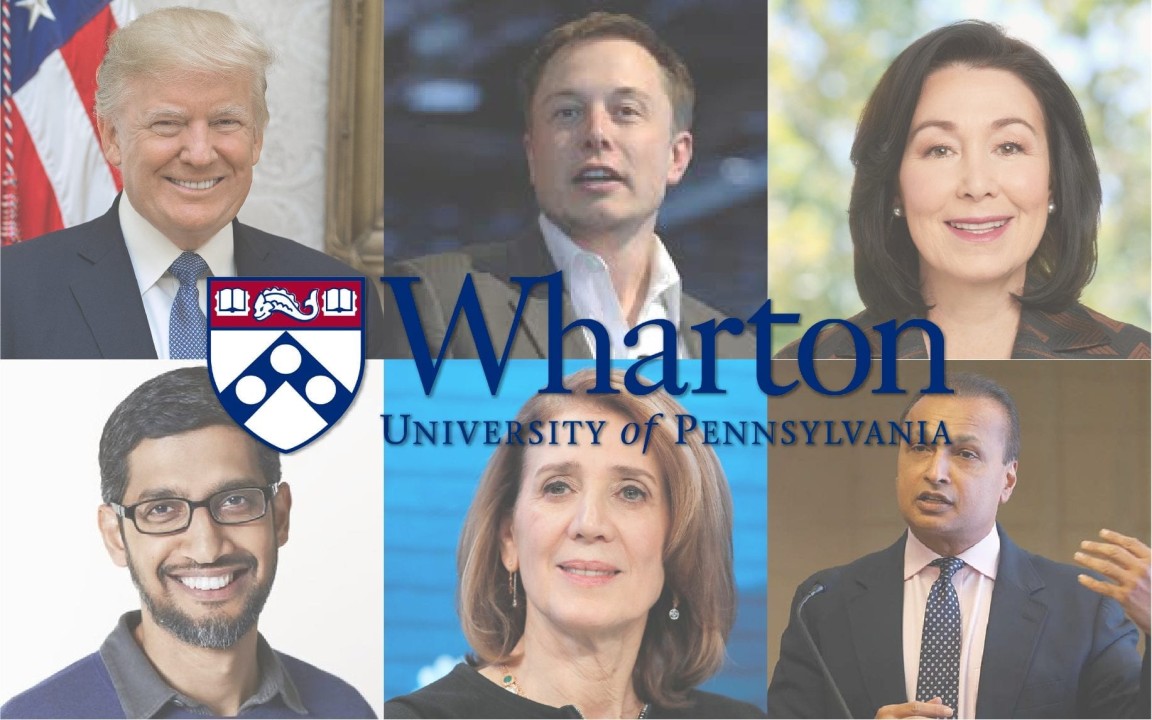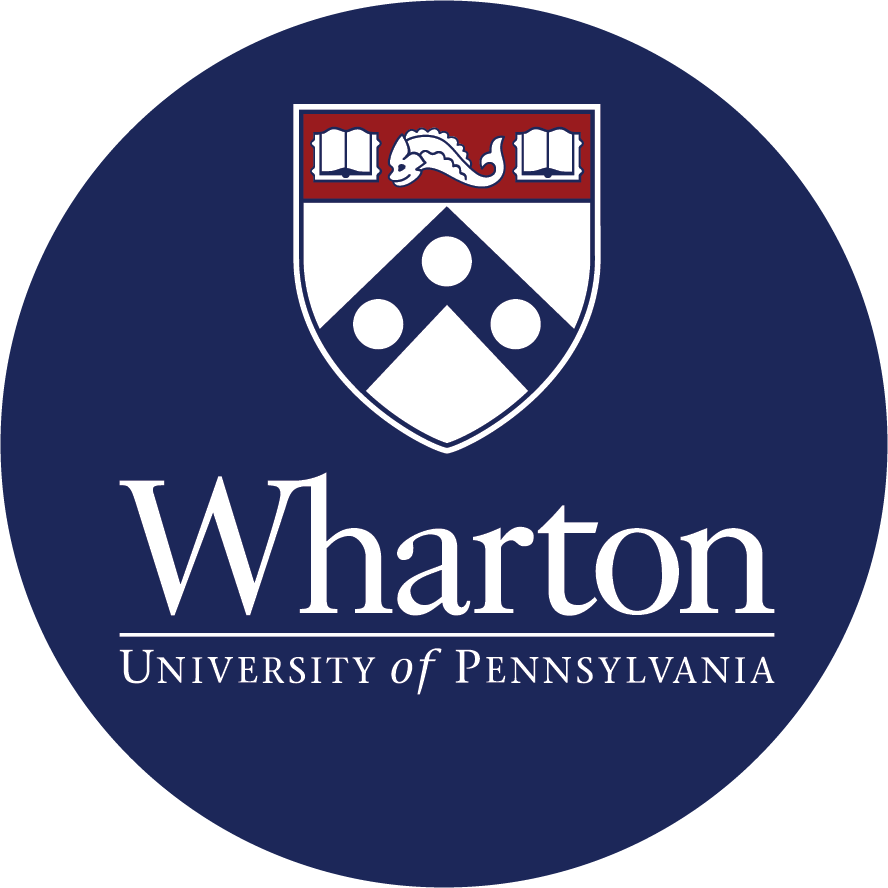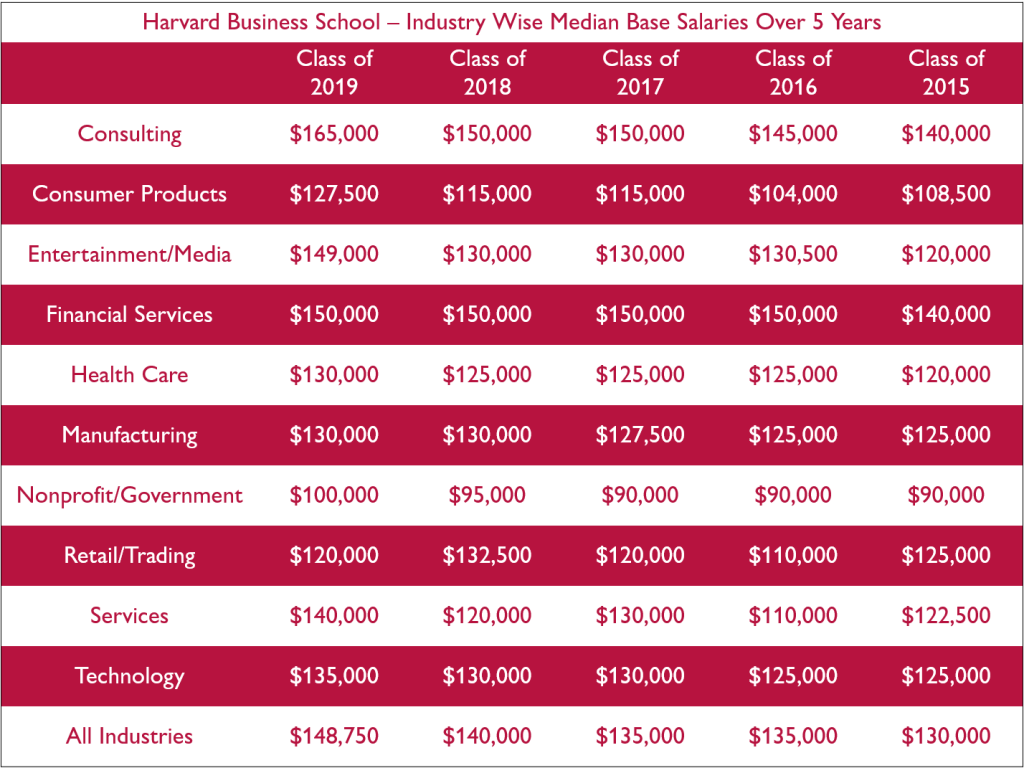
MIT Sloan, ranked #4 in the QS Global MBA Rankings 2025, is globally renowned for its strength in analytics, entrepreneurship, and innovation. For Indian students with STEM, data, or product backgrounds, Sloan offers a future-focused MBA that blends theory and tech-enabled action.
Here’s what you need to know:
Why Indian Students Choose MIT Sloan
| Feature | Why It Matters |
|---|---|
| Part of MIT Ecosystem | Access to world-class research in AI, ML, sustainability |
| STEM-Designated MBA | 3-year OPT eligibility |
| Entrepreneurial Leadership | 30%+ pursue startups or tech PM roles |
| Quantitative Edge | Ideal for engineers, analysts, coders, product managers |
| MIT Global Startup Labs & Sandbox | Strong support for innovation, even in India & APAC |
| Diverse, Global Cohort | ~40% international students; strong Indian representation |
Program Snapshot
- Degree: MBA (2 years, full-time)
- Class Size: ~409 students
- Median GMAT: 730
- Average Age: 28
- Average Work Experience: 5 years
- Known for: Innovation, analytics, entrepreneurship, systems thinking
Cost of MBA at MIT Sloan (2025)
| Expense | Approx. Cost (USD/year) |
|---|---|
| Tuition | $84,000 |
| Living, Books, Insurance | $30,000 |
| Total Yearly Cost | ~$114,000 |
| 2-Year Estimate: ₹1.9 – ₹2.1 crore |
Scholarships for Indian Students at MIT Sloan
- MIT Sloan Fellowships (merit + need-based)
- Legatum Fellowship (for entrepreneurship in emerging markets)
- External: JN Tata Endowment, Inlaks, Narotam Sekhsaria, Fulbright-Nehru
- MIT Public Service Center funding for social innovation
Admission Criteria (Indian Applicants)
| Requirement | Detail |
|---|---|
| GMAT/GRE | GMAT median ~730 (GRE accepted) |
| Essays | 1 cover letter + 1 video statement |
| LORs | 1 professional reference |
| TOEFL/IELTS | Required if UG not fully in English |
| Interview | Invitation-only; behavioral style, often with adcom |
MIT values applicants who are humble, intellectually curious, and impact-driven.
Career Outcomes & ROI
| Metric | Data |
|---|---|
| Avg. Base Salary | $160,000 |
| Median Bonus | $30,000 |
| Top Sectors | Tech, Consulting, Entrepreneurship, Finance, Sustainability |
| Recruiters | Amazon, BCG, Google, McKinsey, Tesla, Adobe, Stripe |
Many Sloan grads work in product roles, tech strategy, or launch ventures of their own.
Why MIT Sloan for Indian Applicants
- Especially strong fit for engineers, IT professionals, and tech entrepreneurs
- STEM MBA unlocks longer stay-back in the US
- Brand credibility in India’s startup and analytics ecosystems
- MIT’s culture encourages collaboration, humility, and experimentation
- Tight-knit, elite alumni community in India, Singapore, Dubai, and the Bay Area
You Might Also Like: Harvard Business School
Admitix Can Get You Sloan-Ready
With Admitix, Indian applicants can:
- Align tech/engineering backgrounds to MBA leadership narratives
- Craft a powerful MIT-style video essay and cover letter
- Simulate behavioral interviews with MIT-specific prompts
- Build a clear ROI case and funding strategy
Book your free consult today!
FAQs – MIT Sloan School of Management
Q. Do I need a tech background to apply to Sloan?
Not necessarily, but Sloan attracts and supports many tech-savvy profiles. Product managers, engineers, and analysts fit well.
Q. Is Sloan’s MBA STEM-designated?
Yes. That means Indian graduates can stay in the US for up to 3 years without H1B.
Q. Does Sloan offer dual degree options?
Yes, with Engineering, Urban Studies, Public Policy, and joint Harvard programs.
Q. What is the average GMAT score?
Median GMAT is 730, but Sloan takes a holistic approach.
Q. Can Sloan grads return to India for startup/VC roles?
Absolutely. Sloan’s network in Indian VC, fintech, edtech, and sustainability sectors is strong.














